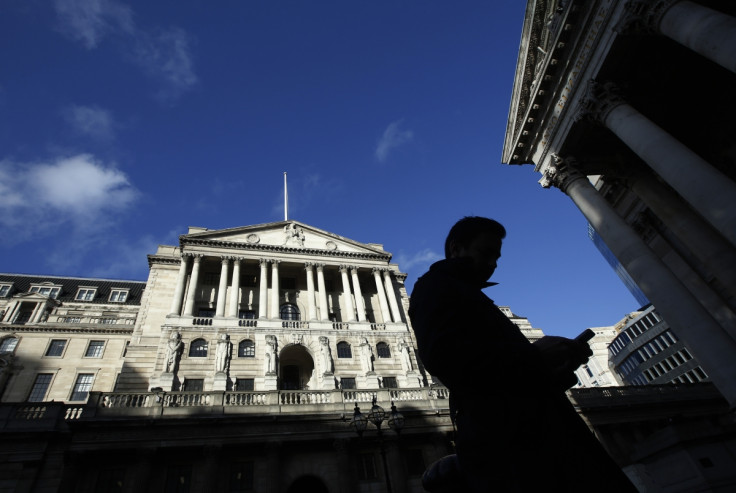UK Interest Rates Hike: Six Things you Need to Know About the Labour Market

If there's one certainty about the UK labour market, it's that there's a lot of uncertainty.
And it's this uncertainty that is making it hard for the Bank of England to time raising interest rates as the economy recovers.
To understand the debate, here are six things that you need to know.
Wages are in real terms decline
This means pay is rising slower than price inflation. It suggests that the cost of living – household bills and so on – is going up more quickly than wages. The Office for National Statistics (ONS) said pay excluding bonuses went up by 0.6% across the year in the three months to June 2014. During that same period, price inflation was 1.9%.
Employment is hitting new highs
The employment rate for the working age population was 73% during the second quarter. In May alone it hit 73.1% – its all-time high. It's worth noting the ONS' methodology, though. To count as employed you only need to have done one hour of paid work a week.
Unemployment is falling
The unemployment rate has steadily fallen as the economy recovers. It had dropped to 6.4% in the second quarter, according to the ONS. After the financial crisis it peaked at 8.4% in October 2011.
Underemployment is rife, and productivity is abysmal
ONS data show that since the financial crisis, over 1 million more workers describe themselves as underemployed – working fewer hours than they'd like to. There are more than 3 million underemployed people in the UK. And productivity, or output per hour worked, is 4.5% below its pre-financial crisis peak. This is in spite of record high employment and the fact that UK GDP has now passed its pre-crisis peak.
Nobody knows for sure why all this is happening, but there are a few theories
There are a number of reasons touted for the rise in employment and the fall in wages and productivity.
There are more workers in the labour market because older workers are taking longer to retire, with the retirement age being pushed back and the state pension is not enough for some to live on. And more of the unemployed are being pushed into the labour market by the government's cuts to jobless benefits.
The higher supply of labour makes the job market more competitive, meaning employers can pay lower wages for the staff they need because of an abundance of potential employees.
Another factor is a sharp rise in self-employment as people try to create work for themselves because of an absence of decent paying full-time staff positions. The self-employed tend to work fewer hours and be paid less than employees of companies.
Others point to zero-hour contracts, which don't guarantee a worker a set amount of hours each week. ONS data suggest there are around 1.4 million people on zero hour contracts in the UK, a figure disputed by the trade union Unite which puts it at a much higher 5.5 million.
And it's been touted that smaller firms having to pay for the government's auto-enrolment pension scheme, where all employers must contribute to a basic pension for staff, is leaving less money for wage increases.
Outside of the private sector, public sector workers have been subjected to a 1% pay freeze under the government's austerity plan to cut spending, which has also knocked down the headline figure.
Productivity is linked to wages, so the more people earn, the more productive they generally are. Once wages start rising again, it's thought that productivity growth will follow.
Until wages and productivity pick up substantially, the Bank of England is highly unlikely to lift interest rates
The Bank of England thinks the UK economy is almost ready for higher interest rates. The base rate is currently at 0.5%, an all-time-low, where it has sat since 2009. This was to keep the cost of borrowing cheap for consumers and businesses while the economy was weak.
Interest rates need to rise at some point, because keeping them low while the economy is booming runs the risk of people and firms taking on excessive levels of debt while credit is cheap.
But if the central bank raises interest rates too early it could choke off consumer spending, because households will have to route more of their money to higher monthly debt repayments, such as on credit-funded car purchases and mortgages. Conlumino, a retail sector analyst, thinks as much as £2bn could be wiped off consumer spending if the base rate were to hit 1%.
So the Bank of England said it will wait until it is satisfied that wages are materially improving before it raises rates and, when it does so, the increases will be minimal to limit the effect of any shocks to indebted households.
© Copyright IBTimes 2025. All rights reserved.






















